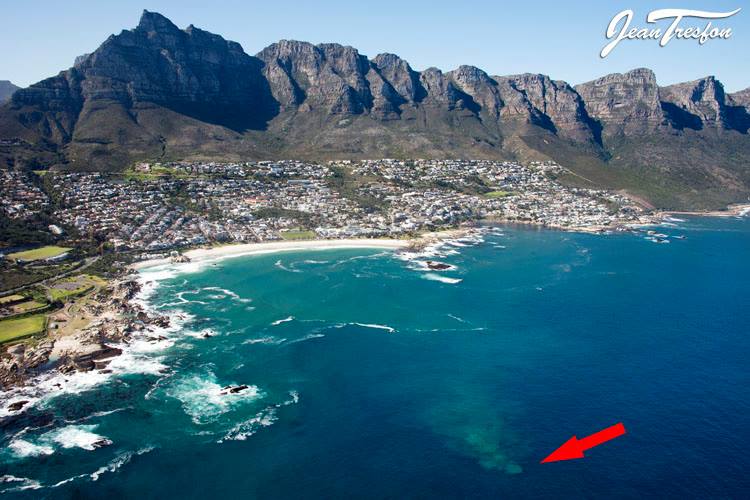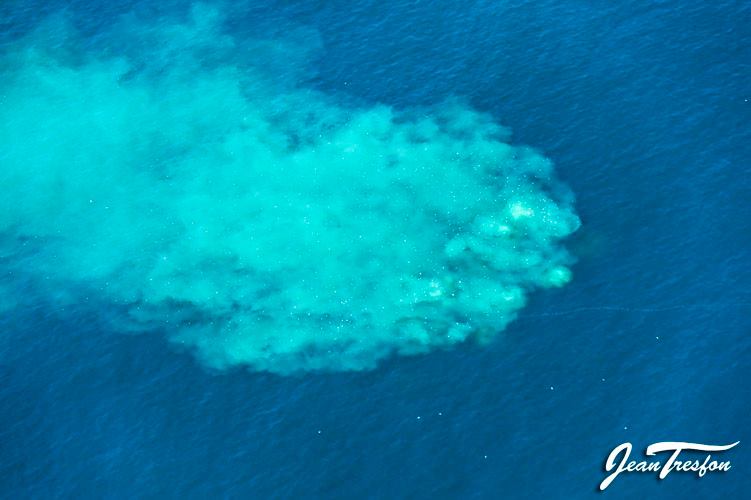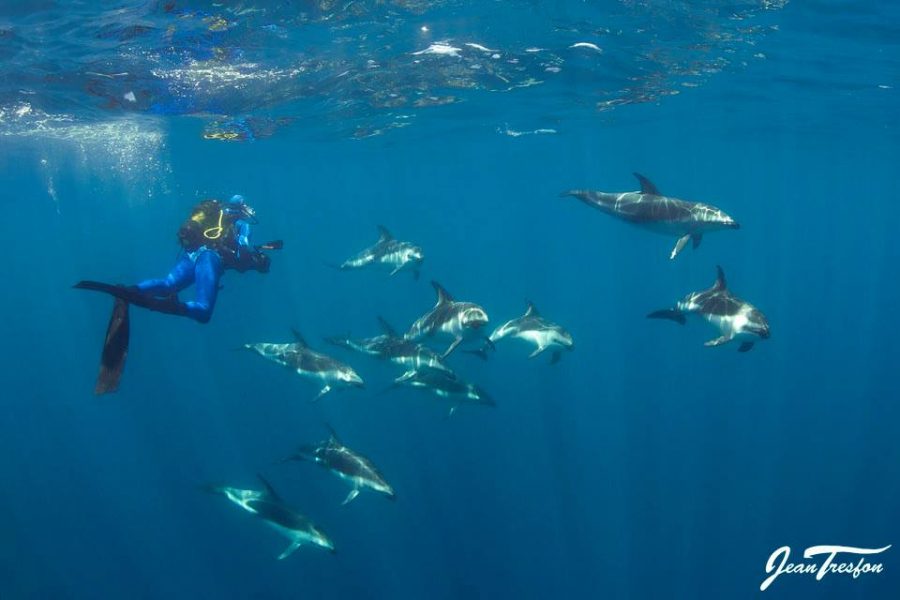
Doc Exposes Sewage Crisis in South Africa’s Glorious Camp’s Bay
A new video documentary exposes the sewage crisis in Cape Town’s beautiful ocean, which is increasing as the population grows. (Watch below.) Every day, millions of litres of untreated waste-water is being discharged from the famous and fabulous Camps Bay region into South Africa’s marine reserve… Well known local marine conservation photographer Jean Tresfon first brought the […]

A new video documentary exposes the sewage crisis in Cape Town’s beautiful ocean, which is increasing as the population grows. (Watch below.) Every day, millions of litres of untreated waste-water is being discharged from the famous and fabulous Camps Bay region into South Africa’s marine reserve…

Well known local marine conservation photographer Jean Tresfon first brought the crisis to the public’s attention last year, with aerial photos showing the lethal plume close to Cape Town’s shores.
Jean was interviewed for the doc by film-maker Mark Jackson who created the short film for Camps Bay and Clifton Ratepayers’ Association (CBCRA), in the interest of public awareness. It includes footage taken from Jean’s gyrocopter, showing the situation.
In the doc, Jean says: “Ocean users have good cause to worry. I’m not sure it’s all that safe to be swimming, diving and surfing in that water, especially on bad days. I know kayakers that have got really ill doing eskimo rolls near the shore. This is clearly a health hazard.
“At the moment the health hazard is restricted to water users, so I think for beach goers it’s still safe but I wouldn’t dig too deep down in the sand. I certainly wouldn’t want my own toddler playing in the sand on Camps Bay Beach.”

Jean says the beach’s Blue Flag status is questionable with a sewage outlet right in the bay. He also says the testing is done during a period when the south easter blows the bulk of the plume out of the bay.
Experts featured in the doc warn of the dangers of the contaminated water which can lead to illness, even death. It’s not only swimming in it that’s dangerous, but the consumption of sea-life from these waters (and larger fish who’ve fed on these fish). Apparently we should avoid the crayfish altogether.
Contrary to myth, the experts say sea water does not instantly kill bacteria. In fact viruses can last up to six months in this water.
Those most at risk are children, old people and sick people.
The video was released four days ago.
Hope for the future of Cape Town’s ocean
Jean says since participating in the doc he’s had two meetings with the City of Cape Town regarding the marine outfalls, and has been shown some of the test results from almost a year’s worth of testing by the CSIR.
“The testing program has been a great deal more comprehensive than I was expecting and it appears that at last they are taking the issue seriously. Hopefully we can continue to work together towards a practical and positive outcome.”

Solutions to the problem are offered in the film. Supermarkets should stock more biodegradable detergents; and an odour-less, unseen treatment plant to reduce contaminants should be built beneath the parking lots and sports field at Maiden’s Cove, as is done in other cities.
“It’s time to act right NOW,” says Jean.